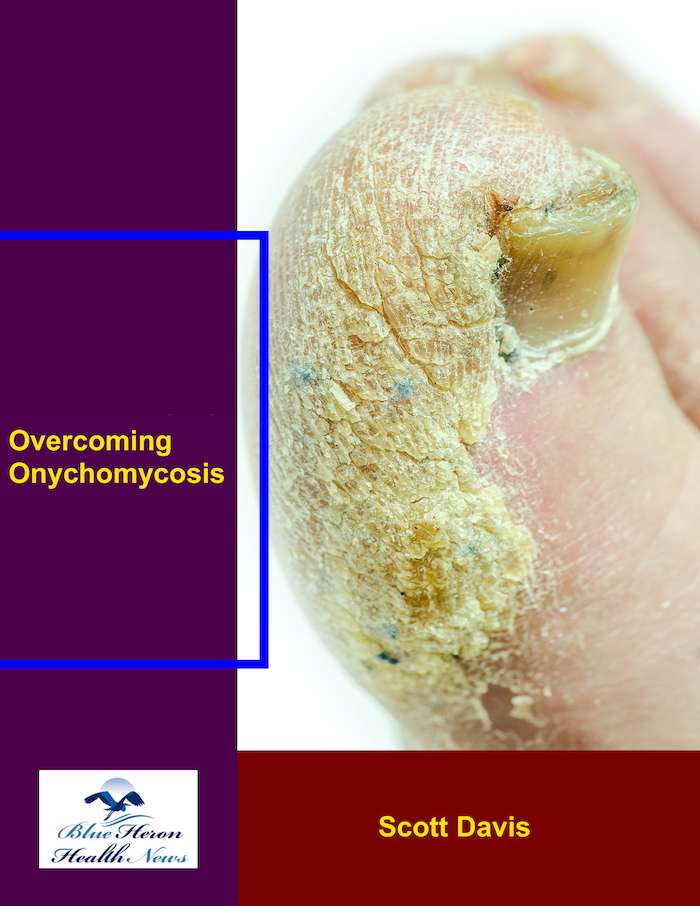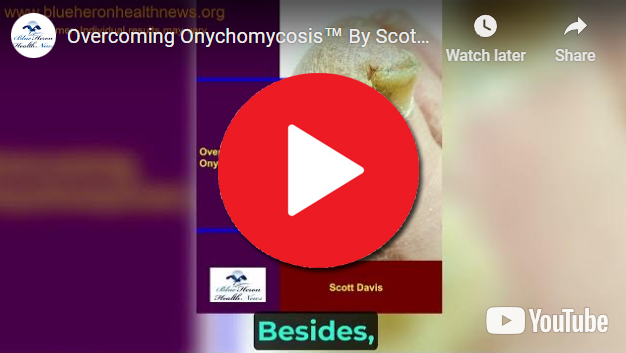
Overcoming Onychomycosis™ By Scott Davis It is a simple, natural, and all-in-one solution for onychomycosis. The program can help you to treat your nail fungus naturally. Once you follow this program, you do not need to spend on expensive treatments to prevent a recurrence. In brief, you can have a proven solution for your chronic nail fungus. Besides, the program is easy to follow, and most users find it effective against onychomycosis.
How can one manage hemorrhoids with irritable bowel syndrome (IBS)?
Managing hemorrhoids while dealing with Irritable Bowel Syndrome (IBS) can be challenging because IBS can lead to diarrhea or constipation, both of which can exacerbate hemorrhoid symptoms. However, with the right approach, it’s possible to manage both conditions effectively. Here are some strategies:
1. Maintain a High-Fiber Diet
- For Constipation: If IBS causes constipation, eating fiber-rich foods can help soften stools and prevent straining. Include high-fiber foods like fruits, vegetables, legumes, and whole grains. However, some people with IBS may find certain types of fiber (like insoluble fiber) can irritate their symptoms, so it’s best to try soluble fiber sources (e.g., oats, carrots, and beans).
- For Diarrhea: If IBS leads to diarrhea, focus on soluble fiber, which helps absorb excess fluid and firm up stools. Examples include bananas, applesauce, and cooked vegetables.
2. Stay Hydrated
Dehydration can worsen both IBS symptoms and hemorrhoids. Drink plenty of water throughout the day to help maintain soft stools and prevent straining during bowel movements.
3. Use Stool Softeners or Laxatives (When Necessary)
If IBS causes constipation, gentle stool softeners or mild laxatives, under the guidance of a healthcare provider, can help avoid straining. However, avoid overusing these products as they can disrupt bowel function over time.
4. Avoid Trigger Foods
Certain foods can exacerbate both IBS and hemorrhoid symptoms. Common IBS triggers include dairy, caffeine, fatty foods, and spicy foods. For hemorrhoids, avoid foods that can irritate the digestive tract or contribute to constipation (like processed foods or foods low in fiber).
5. Gentle Bathroom Habits
- Don’t Strain: Straining during bowel movements increases pressure on hemorrhoids. Be patient, and if needed, use a stool softener or laxative to ease the process.
- Avoid Prolonged Sitting: Spend as little time on the toilet as possible. Prolonged sitting can increase pressure on the anal area and exacerbate hemorrhoids.
- Use Moist Wipes: To avoid irritation from toilet paper, use gentle, unscented moist wipes or take a sitz bath after a bowel movement.
6. Regular Movement
Physical activity helps promote healthy digestion and reduces the risk of constipation. Even light exercise, like walking, can stimulate bowel movements and prevent the worsening of both IBS and hemorrhoids.
7. Manage Stress
Stress is a major trigger for IBS flare-ups and can contribute to digestive problems that worsen hemorrhoid symptoms. Practice stress-reducing techniques such as deep breathing, meditation, or yoga.
8. Topical Treatments for Hemorrhoids
If hemorrhoid symptoms are problematic, topical treatments like hydrocortisone creams, witch hazel pads, or over-the-counter hemorrhoid ointments can help soothe irritation. These can be used to manage symptoms without interfering with IBS treatment.
9. Consult a Healthcare Provider
Because IBS can vary greatly from person to person, it’s important to work with a healthcare provider to develop a personalized plan for managing both IBS and hemorrhoids. They may recommend specific treatments or medications for each condition.
By focusing on a balanced approach to diet, hydration, stress management, and gentle bowel habits, you can reduce the impact of both IBS and hemorrhoids.
Hydration plays a key role in hemorrhoid prevention, primarily because it helps maintain healthy digestion and bowel function. Here’s how staying properly hydrated can help prevent hemorrhoids:
1. Prevents Constipation
Dehydration is a common cause of constipation, which is a major risk factor for developing hemorrhoids. When you’re dehydrated, your body absorbs more water from the waste in your colon, which can lead to harder, drier stools that are more difficult to pass. Straining during bowel movements due to constipation puts extra pressure on the veins in the rectal and anal areas, increasing the likelihood of hemorrhoids. Drinking plenty of water helps soften stools and makes bowel movements smoother, reducing the need to strain.
2. Promotes Healthy Bowel Movements
Adequate hydration helps keep your digestive system running smoothly, promoting regular and well-formed bowel movements. This reduces the risk of constipation (and subsequent straining) and ensures that the stool is not too hard, which can irritate or injure the anal canal and lead to hemorrhoids.
3. Supports the Lining of the Rectum
Water helps keep the lining of your digestive tract hydrated, which in turn helps reduce irritation or inflammation in the rectal area. This is important for individuals who are prone to hemorrhoids, as dry or inflamed tissues in the anus can worsen hemorrhoid symptoms.
4. Reduces Risk of Diarrhea
Although dehydration often leads to constipation, it can also contribute to diarrhea by affecting the body’s ability to absorb fluids properly. Chronic diarrhea can also irritate the rectal area and worsen hemorrhoids. Staying hydrated can help keep your stool consistency balanced, reducing the risk of diarrhea-related hemorrhoid flare-ups.
5. Facilitates Fiber’s Role
Fiber works best when you are adequately hydrated. Soluble fiber absorbs water and helps form soft, easy-to-pass stools, while insoluble fiber adds bulk to the stool. Both types of fiber, when combined with proper hydration, can help regulate bowel movements and reduce the risk of hemorrhoids caused by constipation or straining.
To support healthy digestion and prevent hemorrhoids, it’s essential to drink enough water daily. The amount varies based on individual needs, but a general guideline is to drink at least 8 cups (64 ounces) of water a day, adjusting based on activity level, climate, and health conditions.
Overcoming Onychomycosis™ By Scott Davis It is a simple, natural, and all-in-one solution for onychomycosis. The program can help you to treat your nail fungus naturally. Once you follow this program, you do not need to spend on expensive treatments to prevent a recurrence. In brief, you can have a proven solution for your chronic nail fungus. Besides, the program is easy to follow, and most users find it effective against onychomycosis.
